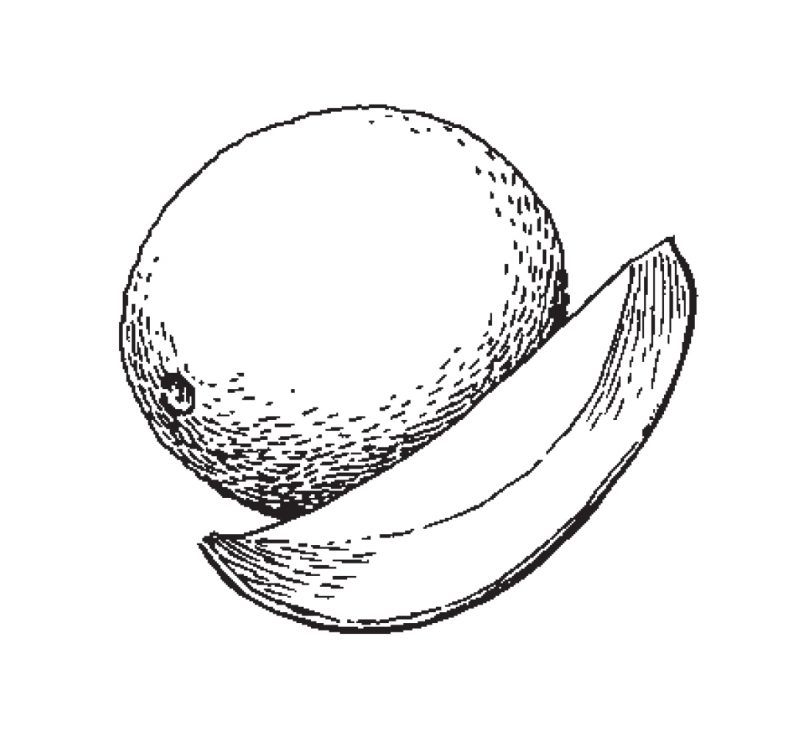In my midst are soldiers who have been shot, blown up, burned, and rehabilitated. Whether they chose to return to Iraq or not, I don’t know. In any case they’re here at Camp Anaconda, and unless I see them in the shower I can’t tell them apart from the nonwounded. Likewise, it’s not until I walk a mile with a guy named Eric that I notice the merry-go-round action of his hip.
Eric and I enter the dining tent together. Traffic is one-way through the crowded tent, where food is arranged buffet-style. Our mainline choices are horse cock or triangle fish. Side dish options include raw onion, mayonnaise, grits, and fresh cantaloupe.
I get my cantaloupe and sit next to Eric, such that our arms touch from shoulder to elbow. Eric’s arm feels shrunken and insular. Later Eric tells me that his arm was shot off and reattached, but for the time being we don’t talk. We just eat, wounded or not, like everybody else.
Except this one guy right across from Eric and me, who appears electrified. The trick is to not look at him, but he’s practically sparking.
“Hey, you know when people say ‘the whole nine yards’? You know what that means?” he asks me.
“No,” I say.
The guy proceeds to explain the origin of the phrase the whole nine yards in a way that suggests he’s been made to feel stupid in the past for not knowing it. And I listen because I want to maintain the balance, because the balance offers protection.
Think of a seesaw, with fucked-up on one side and OK on the other. Fucked-up takes care of itself. For example, one night Eric and I were standing next to a diesel generator the size of a boxcar, which shined firelight out of its seams, when from underneath came an enormous beetle. This beetle moved through the dust, dragging a trail of oil. It crumpled like a beer can under Eric’s boot.
“That was fucked-up,” Eric said.
To counterbalance fucked-up, I assign weight to those things that I consider OK. I work close to the fulcrum.
Therefore, the white feather that’s in the same spot on the floor of my tent every morning is OK. And this guy’s story about the whole nine yards is OK. Then there’s cantaloupe.
“There’s nothing wrong with it,” is what my mom used to say about cantaloupe, more to give herself permission to eat it than to convince her companion, Ormsby, who hated cantaloupe.
Ormsby hated cantaloupe because the sight and smell of it reminded him of Vietnam, where he did two and a half tours before being shot out of a tree.
While...
You have reached your article limit
Sign up for a digital subscription and continue reading all new issues, plus our entire archives, for just $1.50/month.
Already a subscriber? Sign in





